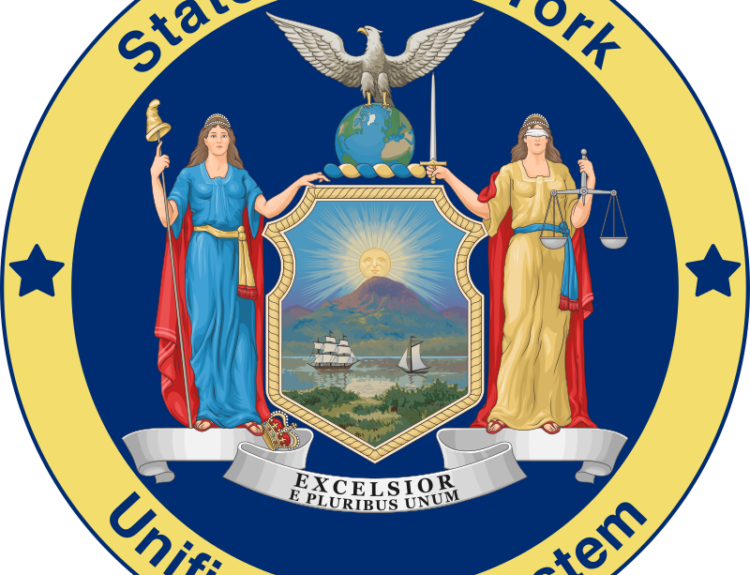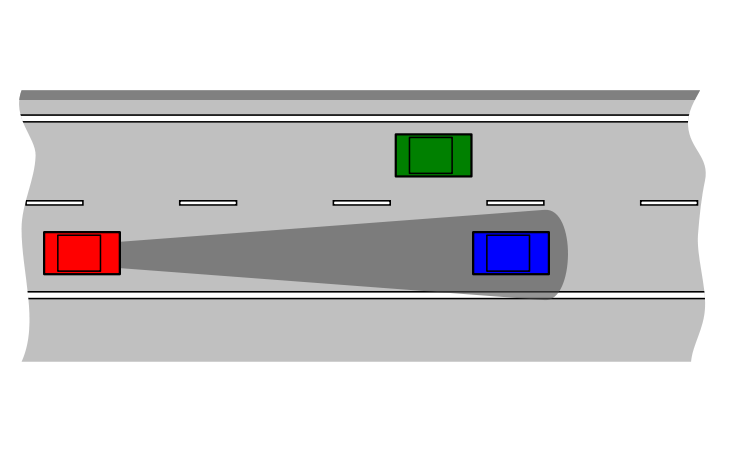A Potential Shift in US Economy Under a Kamala Harris Presidency
- Kamala Harris is seen as the overwhelming favorite to clinch the Democratic nomination after Biden withdraws from the presidential race.
- A potential Harris administration would likely continue Biden’s economic policies, including subsidies for electric cars and green-energy projects.
- Harris may adopt Biden’s position on extending the 2017 tax cuts for families making less than $400,000 per year.
- If Harris becomes president, she could inherit Biden’s campaign infrastructure and funds.
- Harris has a background in consumer advocacy and supports a tax credit for families spending over 30% of their income on rent and utilities.
- Harris has close ties to big tech firms like Meta and Alphabet, which could benefit if she wins the presidency.
With Joe Biden withdrawing from the presidential race and endorsing Vice President Kamala Harris, investors should expect a potential Harris administration to continue Biden’s economic policies. These include subsidies for electric cars and green-energy projects, increased IRS funding to pursue wealthy tax evaders, excise taxes on stock buybacks, and a 15% corporate minimum tax for large corporations. If Kamala Harris becomes president, she may also adopt Biden’s position on extending the 2017 tax cuts for families making less than $400,000 per year. She has a background in consumer advocacy and supports a tax credit for families spending over 30% of their income on rent and utilities. Harris also has close ties to big tech firms like Meta and Alphabet, which could benefit if she wins the presidency.
Factuality Level: 7
Factuality Justification: The article provides accurate and objective information about Joe Biden’s withdrawal from the presidential race and the potential impact of Kamala Harris taking over as president. It includes expert opinions on how a Harris administration might handle economic policies and taxation, as well as her background in law and technology. However, it contains some speculation and lacks direct evidence for certain statements.
Noise Level: 5
Noise Justification: The article contains some relevant information about potential policy changes under a Kamala Harris presidency and the possibility of her becoming the Democratic nominee. However, it also includes speculative statements and repetitive information, with some irrelevant details about Biden’s campaign money and Harris’ past positions on healthcare policies. The article could benefit from more in-depth analysis and evidence to support its claims.
Public Companies: Meta (META), Alphabet (GOOG)
Key People: Kamala Harris (Vice President), Joe Biden (President), Isaac Boltansky (Director of Policy Research at BTIG), Henrietta Treyz (Director of Economic Policy at Veda Partners), Elaine Kamarck (Expert on Conventions and Member of the Democratic National Committee’s Rules Panel), Brian Gardner (Chief Washington Strategist at Stifel)
Financial Relevance: Yes
Financial Markets Impacted: Investors, Republicans, Democrats, and tech firms
Financial Rating Justification: The article discusses the potential impact of Vice President Kamala Harris becoming president on financial policies such as tax cuts, corporate taxes, and the debt ceiling, which would affect investors. It also mentions the possibility of Republicans taking control of the Senate and its implications for fiscal restraint and deficit reduction. Additionally, the article highlights Harris’s connections to big tech firms and how it could impact tech investors.
Presence Of Extreme Event: No
Nature Of Extreme Event: No
Impact Rating Of The Extreme Event: No
Extreme Rating Justification: The article discusses political events and potential future scenarios regarding the presidential race and economic policies but does not mention any extreme events.·
 www.marketwatch.com
www.marketwatch.com  www.barrons.com
www.barrons.com 





